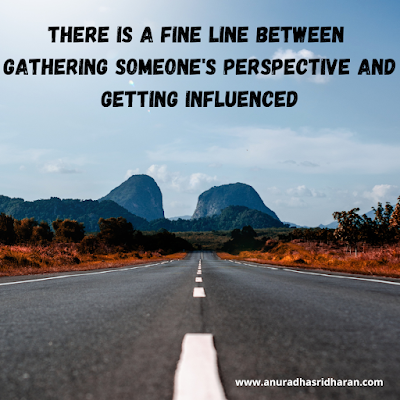July has been a good month for me from a reading point of view. Wrapping it up with an insightful book on attention and focus.
Picking a book to read is always about what I want to improve or learn more about right now. As I started to reprioritize my focus and consciously manage the distractions from my life, it was an obvious choice to pick up this book from my home library.
The first section on "Hyperfocus" mode was easy to relate to and I was glad that I've already been applying many of the principles - taming my distractions, picking up tasks that require hyperfocus, and being mindful of my attention space.
When there is a 2*2 matrix, I know I'm gonna love the chapter🙂 The author talks about the different types of tasks we do in our daily lives based on their productive and attractive nature of them. The whole topic of attentional space and how we should manage this limited resource was fabulous. He then talks about the 4-step process to get into the hyperfocus mode. Lots of valuable insights are provided on setting the right intentions, managing our distractions, and strategies to increase our attentional space. Meditation and mindfulness are the top recommended ways that improve our focus and reduce mind wandering.
The most precious takeaway for me was covered in the latter half - "Scatterfocus" mode - the opposite of hyperfocus and its crucial role in creativity. The chapters on Scatterfocus were super insightful and helped me understand the areas I need to work on. I practice a thought dump meditation using pen and paper (which I had written about earlier). Turns out this activity is one of the styles of scatterfocus.
Doing nothing, doing habitual activities that don't require a lot of attention, going for a nature walk, and just being with our thoughts are some of the activities when our brain goes into scatterfocus mode.
After spending intense efforts in hyperfocus mode, we usually switch over to distractions that are stimulating. Instead, if we intentionally get into scatterfocus mode, disparate ideas start to converge, new insights emerge and dots connect more easily.
"Intention is the bouncer of your attentional space - it lets in the productive objects of attention and keeps the distractions out.""When our brain is even slightly resisting a task, it hunts for more attractive things it could do instead.""The smaller the object of attention, the more your mind will wander, but the more you'll expand the size of your attentional space as you focus on it.""Focus becomes effortless when you're working on a task that's intrinsically motivating."
Highly recommend this book if this topic is of interest to you.












